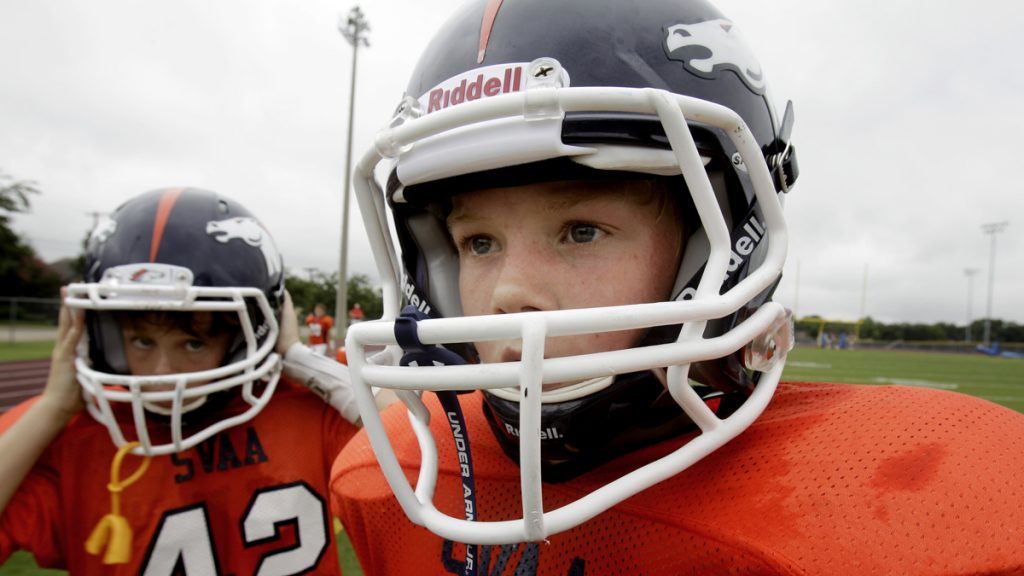Football is very dangerous – and we don’t do enough to protect the kids playing it (Part 2)
Amid growing evidence of rugby injuries, the British government could find itself at the end of the illegal act.
It would be nice to follow the example of New Zealand – which is the only country in the world with a comprehensive rugby injury data set.
The ACC has a statutory mandate to prevent injury, which means that injury monitoring and the implementation of prevention strategies with stakeholders. The New Zealand system provides compensation and financial assistance to anyone injured regardless of evidence of blame and citizenship.
To ensure that liability for rugby injuries remains with the state, football officials must report any head or neck injuries that occur on their watches – or whatever injury period that requires hospitalization or absence for eight weeks or more. Nothing comparably sophisticated exists in England – and rugby regulators in this country are likely to resist the introduction of full-blown scrutiny.

Four rugby associations of England, Scotland, Wales and Ireland have come up with multiple initiatives, including concussion management protocols, but no reviews have yet been evaluated. Most serious football injuries can be avoided and prevented. But prevention requires radical changes to the rules of the game. It means eliminating collision elements, namely settling. Martin Raftery, the medical director of World Rugby has now stated that the rugby rules may have to be changed to reduce the risk of concussions, but World Rugby is dragging its feet to solve the dangerous problem.
World Rugby defines the rules of the game, but its benefits are in professional gaming and business. This year’s Rugby World is expected to bring nearly £ 1 billion to the UK economy. The problem for children is that World Rugby and rugby associations also define rugby rules in schools. The link between professional games and children’s games should be severed – the governance of children’s games should not be defined by World Rugby and Rugby Union.
Writing in the British Medical Journal in January 2015, Editor-in-Chief, Fiona Godlee, wrote: Ginger What is today’s rugby injury prevention and monitoring status at school: a scandal . It needs to be overcome urgently before many children and their families suffer the consequences of collective neglect. A poll by BMJ doctors subsequently confirmed that 72% felt the game should be safer.
Parents expect the state to take care of their children while they are at school. By letting the sports governing bodies decide what, if any, information needs to be collected and defining the rules of the game for children, the UK government has waived its responsibility for children. under the United Nations Convention on the Rights of the Child – leaving them exposed to catastrophic risk.


